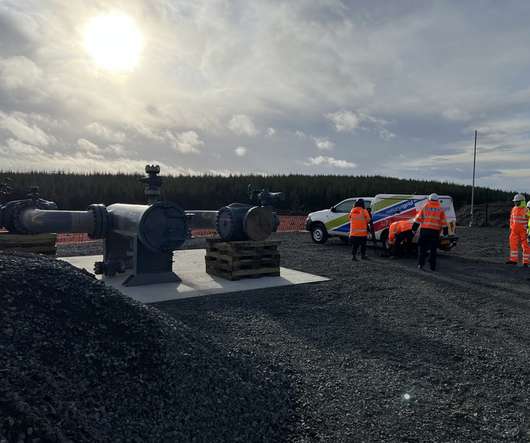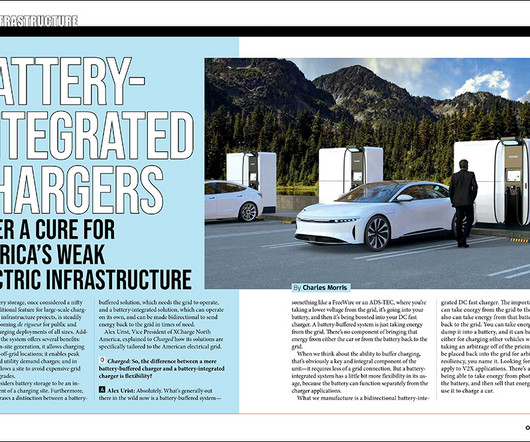Prefab, floating waterlilliHaus is completely self-sustaining in Brazil
AGreenLiving
JUNE 15, 2020
Brazilian construction company SysHaus has recently installed a new prefab home that generates its own energy as it floats on an idyllic São Paulo lake. meters wide by 12 meters in length and is mounted atop a floating catamaran that can be moored or sailed at speeds of up to 4 knots. square-meter nanoHaus to the 38.4-square-meter















Let's personalize your content